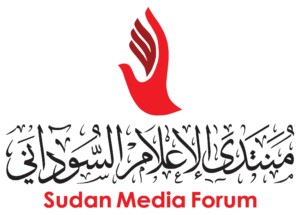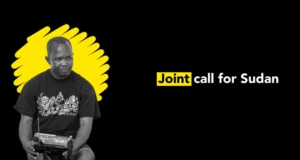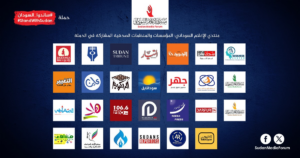Sudanese communications authority: Junta requested internet shutdown
The director of the Sudanese Telecommunication and Postal Regulatory Authority confirmed yesterday that the Internet services were cut off throughout the country at the request of the Transitional Military Council (TMC).
 (File photo)
(File photo)
The director of the Sudanese Telecommunication and Postal Regulatory Authority confirmed yesterday that the Internet services were cut off throughout the country at the request of the Transitional Military Council (TMC).
He expressed that he would be “willing to cut the last of public Internet service if the TMC sees that the security situation requires it, a total of 27,000 lines provided by Sudatel”. Sudatel is a telecommunications and Internet service provider, also responsible for the construction and maintenance of telecom infrastructure and more than 60 percent owned by the government in Sudan.
The Cairo-based Arab Network for Crisis Information considers the cutting-off of the Internet service as a violation of human rights charters and a crime against Sudanese people’s freedom of expression.
On June 10, the TMC ordered the shut-down of the internet in the country for an indefinite period of time, claiming it forms a threat to national security.
According to their press statement published yesterday, the goal is to isolate Sudanese people from the outside world “to cover up the crimes the Janjaweed militiamen committed against civilians”.
The Director of the Postal and Communications Corporation, Mustafa Abdelhafiz, has promised to partially restore the Internet service for mobile phones during the next week to be limited to services in specific applications that do not include social media.
Economic damage
The economic damage of the internet shutdown is estimated at about 45 million Dollars per day, according to a World Bank report.
Researcher and economic analyst Dr Haisam Fathi confirmed yesterday that blocking the Internet results in significant corporate losses.
He added that the turbulent security environment and the disruption of the Internet service do not achieve a suitable and stable environment for investment or any economic dealings with Sudan. This is because most investments, financial transfers from inside and outside the country, contracts, correspondences, and discussions take place online. A lack of access to these services creates a hostile environment in which to invest, according to the doctor.
Our editorial independence means that we can continue to provide factual updates about political developments to Sudanese and international actors, educate people about how to avoid outbreaks of infectious diseases, and provide a window to the world for those in all corners of Sudan. Support Radio Dabanga for as little as €2.50, the equivalent of a cup of coffee.










 and then
and then